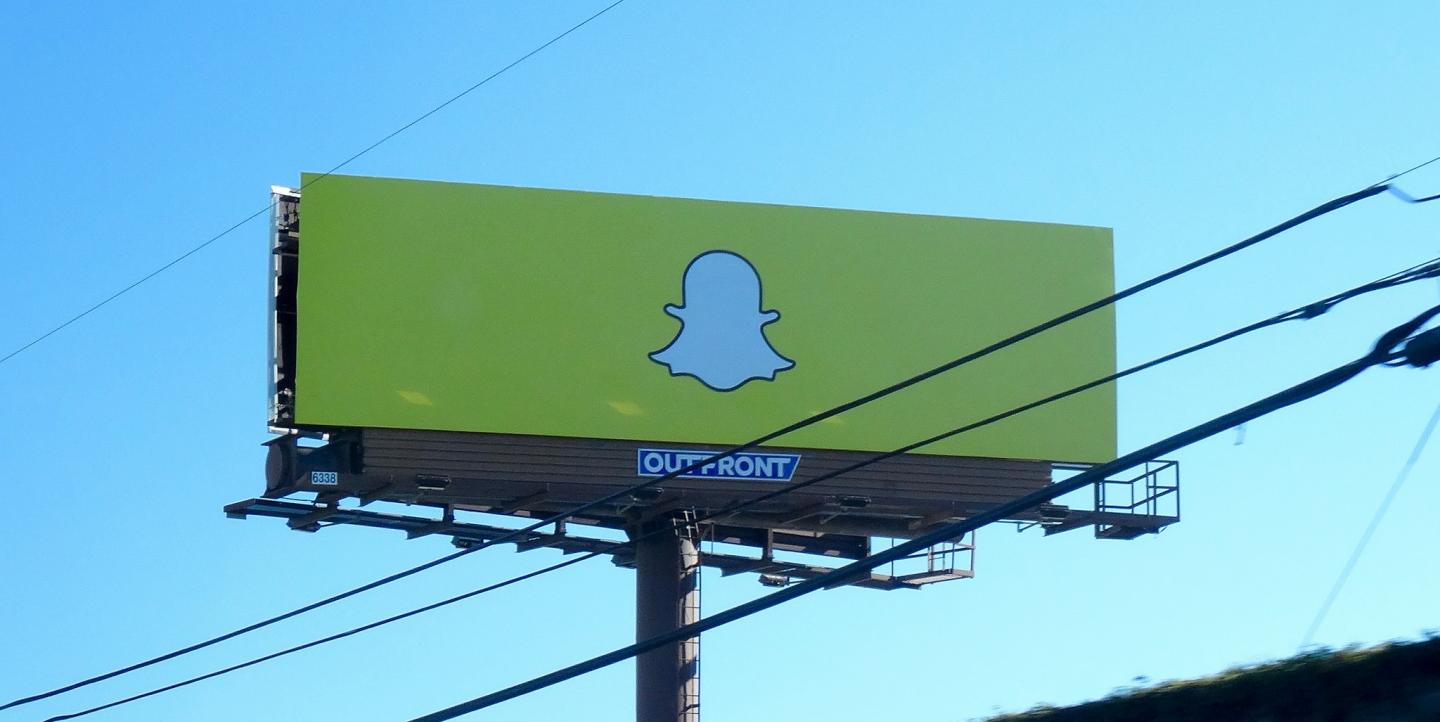News outlets face challenges in partnering with tech giants, Google's fight to stamp out fake news and more in this week's Digital Media Mash Up, produced by the Center for International Media Assistance.
Facebook, Snapchat deals produce meager results for news outlets
Newspapers and other media outlets are struggling to make money from their partnerships with tech giants like Facebook and Snapchat, raising concerns over their business models in a news landscape increasingly dominated by social media platforms.
Some publishers are scaling back on Facebook Inc.’s Instant Articles program, in which they host stories directly on the social media company’s platform instead of their own websites so they load faster on phones, according to a report by Digital Content Next, a trade group. (Bloomberg, 1/24)
Google has punished 340 fake news sites since November
Google took steps against 340 fake news site in November and December, the company said as part of a report on fraudulent advertising Wednesday. Close to 200 of those sites were permanently banned from using Google ads, the company said.
Google, much like Facebook, has been under increased scrutiny for its role in the spreading of false and misleading news ever since the presidential election in November. The company responded to this the same month with changes to its Adsense policy, prohibiting sites that “misrepresent, misstate or conceal information about the publisher, the publisher’s content or the primary purpose” of the site to use Google ads for monetization. (Variety, 1/25)
With newsletters hot, monetization strategies bloom
With newsletters having a moment, the ways that publishers monetize them are growing too. Over the past year, publishers across the country have all beefed up their investment in newsletters, focusing not just on growing their audiences but on improving their design, making them more technologically sophisticated, visually rich and engaging.
They’ve focused on monetizing them too, turning to a mixture of low- and high-tech strategies to get more money out of their audiences there. (Digiday, 1/25)
How to protect your digital privacy in the era of public shaming
Every January, I do a digital tune-up, cleaning up my privacy settings, updating my software and generally trying to upgrade my security. This year, the task feels particularly urgent as we face a world with unprecedented threats to our digital safety.
We are living in an era of widespread hacking and public shaming. Don’t like your political rivals? Beg Russia to hack them, and their emails mysteriously show up on Wikileaks. Don’t like your ex-spouse? Post a revenge porn video. Don’t like your video game opponents? Find their address online and send a SWAT team to their door.
And, of course, the U.S. government has the capability to do even more. It can spy on much of the globe’s Internet traffic and has in the past kept tabs on nearly every American’s phone calls. Like it or not, we are all combatants in an information war, with our data under constant siege. (Julia Angwin, ProPublica, 1/26)
CIMA offers the Mash Up free via email. Sign up here.
Main image CC-licensed by Flickr via maduarte.


